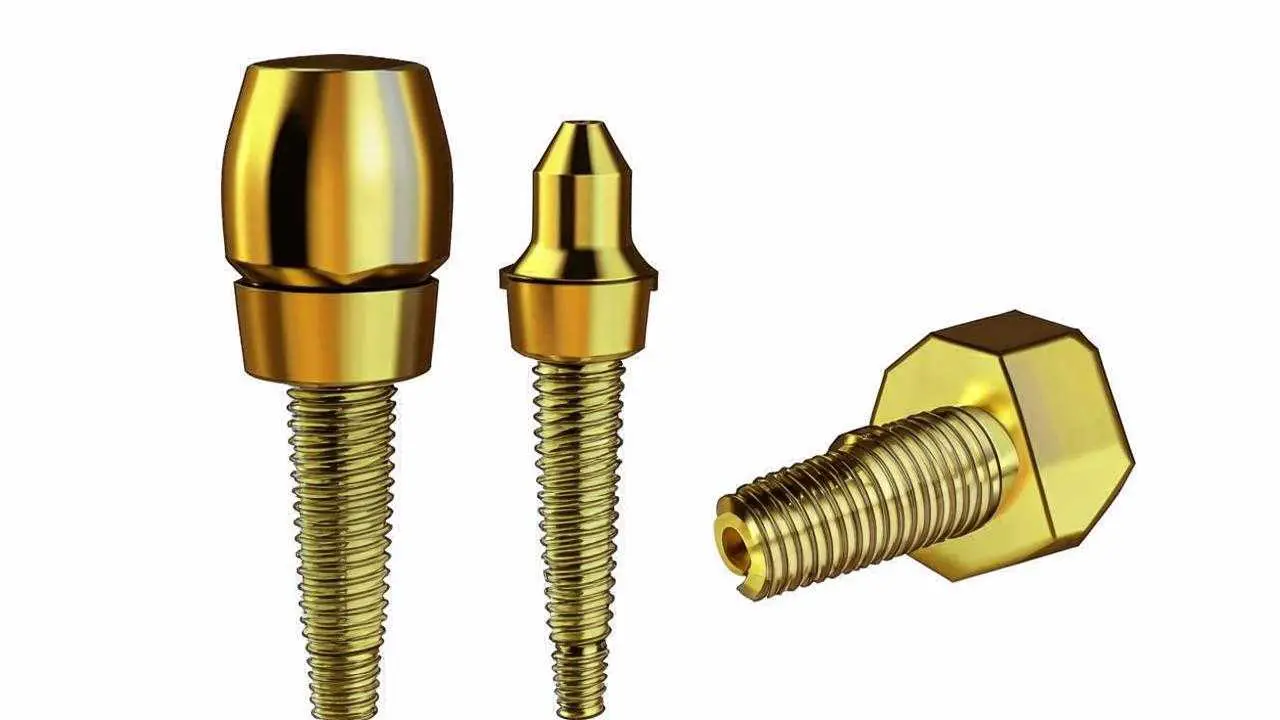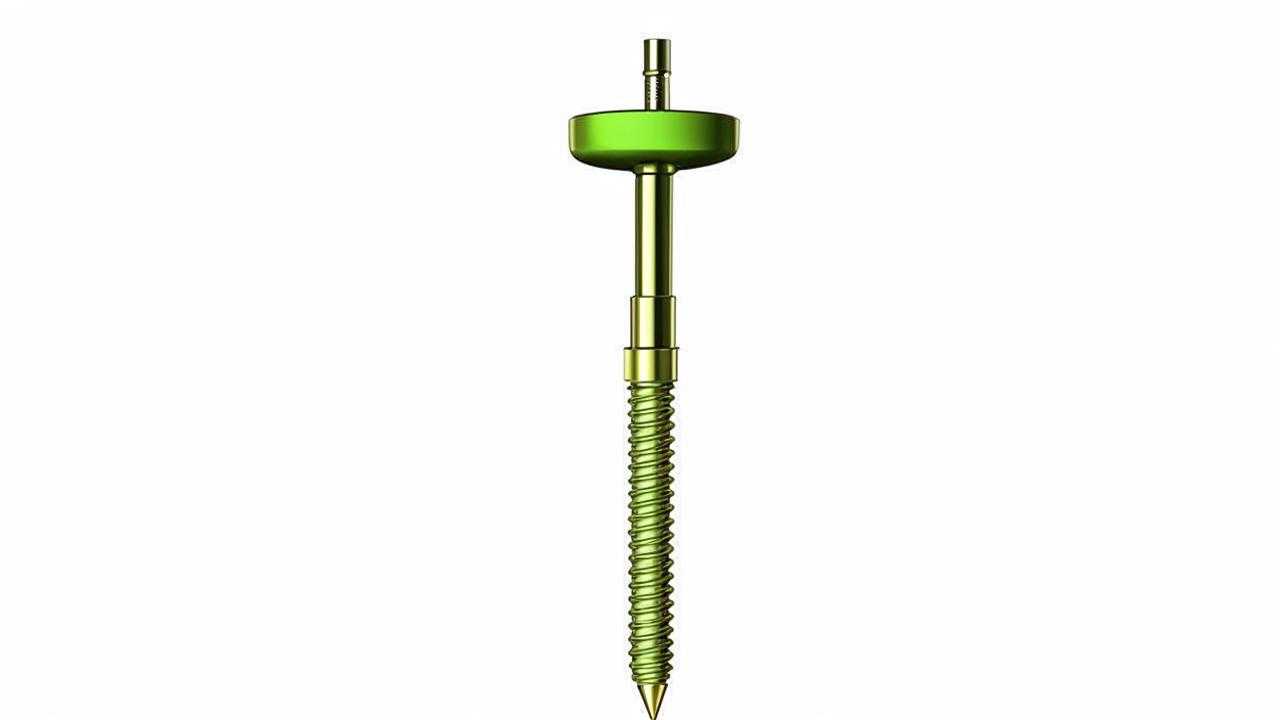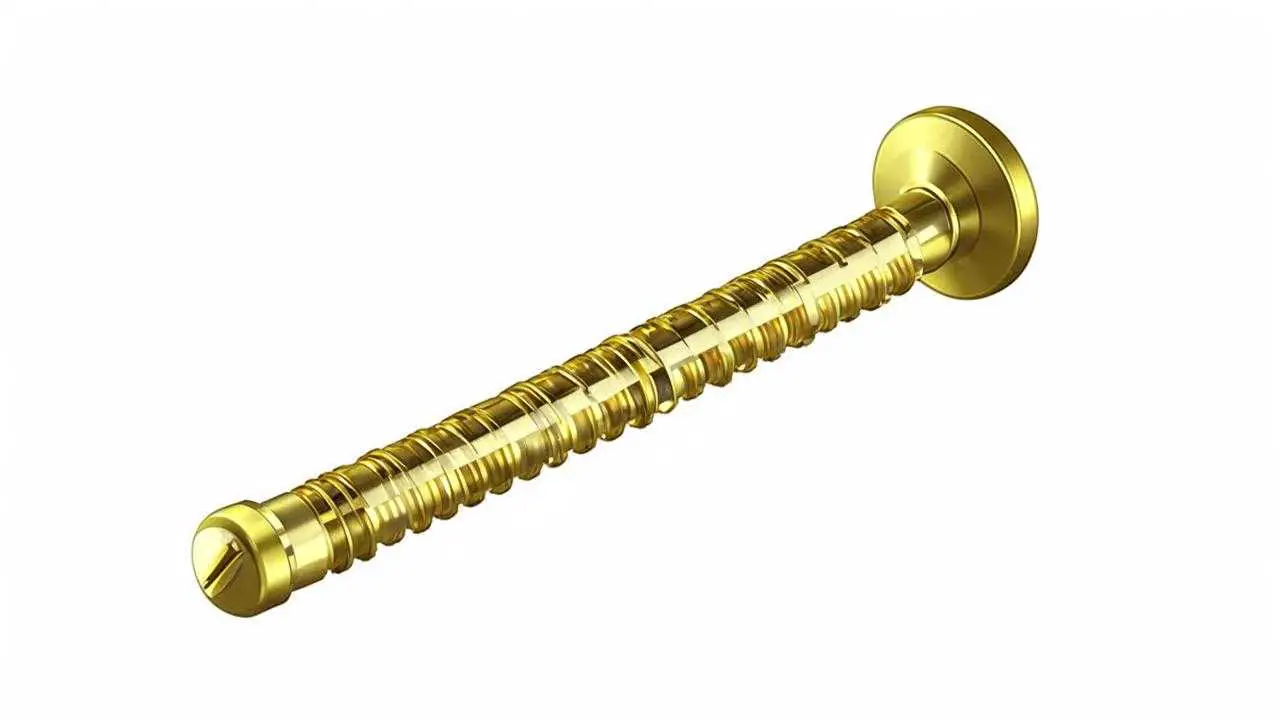Implants are titanium roots that are implanted in place of missing teeth and loaded with dentures. They help to restore the functionality of the tooth row, to achieve aesthetics. Implants differ in design (double-jointed, monoblock), method of installation (classical, basal, mini-implants), size, shape, material, cost, etc., as well as in the type of implants.
Pros and cons of dental implants
Dental implantation prevails over traditional prosthetics. It has undeniable advantages:
- Efficiency. The implant fulfills the functions of the lost element, evenly distributes the chewing load on the jawbone – prevents bone atrophy.
- Aesthetics. The variety of materials used to produce crowns fixed on implants provides a natural look of artificial teeth.
- Comfort. Removable and fixed prosthetic structures are securely fixed in the mouth.
- Durability. Titanium roots are able to serve a person for a lifetime.
Compared to traditional prosthetics, implantation has only a couple of disadvantages:
- relatively high cost;
- impossibility of fixation in case of some dental pathologies and some general diseases (cancer, immune diseases, etc.).
Types of dental implants by design
Implants consist of a threaded rod, the apex or abutment (protrudes above the gum). Depending on the design, there are two types of implants:
- BipartiteImplants consist of two separate parts – the abutment and the root. They are used in case of sufficient bone volume, in classical and one-stage implantation (rarely). Implants are fixed vertically by peeling the gingival flap and suturing the tissue.
- Single-unit (monobloc)Implants have two parts (titanium root and abutment) connected in one structure. Unlike two-unit implants, they are long and have aggressive threading for fixation in the deep layers of bone. Monoblock artificial roots are placed through a puncture in the gum (without peeling the gingival flap and sutures).
Types depending on the depth of insertion into the bone tissue
- Mini implantsSmall implants with a ball-shaped, indivisible abutment. Installed titanium roots to improve the quality of fixation of full removable prostheses. They are implanted in case of bone deficiency in a minimally traumatic way. Mini implants cannot withstand heavy loads and are used as a temporary measure.
- ClassicTwo-joint implants, which are implanted by peeling the gingival flap and suturing the gum. They are stronger than mini-implants. They are used in two-stage implantation. If a bone deficit is determined, the implants are preceded by tissue augmentation. Titanium roots are anchored in the anterior and lateral jawbone.
- BasalSingle-unit implants that are placed in cases of severe bone deficiency. The end of the implants has a relief thread, it strengthens the implant in the deep basal layers, which are not susceptible to resorption. The upper part of the implant is smooth – it prevents the accumulation of deposits. Basal implants are even in contact with inflamed gums – they are implanted in cases of severe periodontal disease and periodontitis.
- Cheek implantsThese implants are up to 6 cm in length. They are fixed during zygomatic implantation on the upper jaw, bypassing the sinus elevator stage. Such implants are not installed in the ROOTT Clinic due to the high risk of complications: traumatization of the sinus and eye nerves is not excluded – the patient develops chronic maxillary sinusitis, vision problems appear – implants are rejected.
Selection criteria
Implant systems must meet the requirements:
- Model range. The variability of implant models from one manufacturer is a priority.
- Shape. Physiologic implant design – root-shaped models that mimic a natural root.
- Size. The length of the structures – for installation in any parts of the bone of the jaw and skull (in the area of the chin, cheekbones).
- Material. Pure titanium without aluminum and vanadium impurities is preferred.
- Surface. The micro-rough surface guarantees adhesion of the titanium root to the bone.
- Threading. The possibility of self-tapping, bone sealing is taken into account. Active threading contributes to the primary stability of the implant.
- Connection of the implant with the abutment. Verified, without gaps, with the elaborated positioning of the abutment.
- Degree of engraftment. The rate of implant rejection in different manufacturers is 2-4%;
- Bone atrophy in the area of the implant neck. The norm of bone resorption – 1 mm in the first year after implantation and up to 0.2 mm per year in the subsequent period.
Manufacturers of implants – ranking by acclimatization and prices
Let’s compare some well-known brands of implants from premium to economy class by indicators:
- engraftment or engraftment percentage – the percentage of implants that have engrafted based on research results;
- prosthetic options – the variety of implant-supported prosthetic designs in use;
- duration of engraftment – time of bone tissue fusion with the titanium root (usually up to 6 months, new technologies reduce the period to 1-2 months);
- indications – expanded possibilities of implantation in case of pathologies previously considered as limitations (HIV, diabetes, etc.);
- cost – correlation with the price segment (premium, medium, economy).
The table shows the scores (from 1 to 10) – the higher they are, the better.
| Manufacturer (country) | % implantability | Possibility of prosthetics | Engraftment time | Indications | Cost |
|---|---|---|---|---|---|
| Premium | |||||
| Astra Tech (Sweden – USA) | 10 | 9,9 | 9,5 | 10 | 4,0 |
| Straumann (Switzerland) | 9,8 | 9,8 | 9,7 | 10 | 3,9 |
| Nobel Biocare (Sweden – USA) | 9,7 | 9,9 | 9,6 | 9,9 | 4,0 |
| Average | |||||
| Xive (Germany – USA) | 9,8 | 9,4 | 8,3 | 9,2 | 6,5 |
| Ankylos (Germany – USA) | 9,7 | 9,3 | 9,2 | 9,5 | 6,4 |
| Impro (Germany) | 9,6 | 10,0 | 9,4 | 8,7 | 6,7 |
| Economy | |||||
| Alpha Bio (Israel) | 9,8 | 6,4 | 7,1 | 7,2 | 10 |
| Osstem (South Korea) | 9,7 | 7,1 | 7,6 | 6,9 | 9,0 |
| Dentium(South Korea) | 9,6 | 7,4 | 7,3 | 6,7 | 9,5 |
ROOTT implant system
One ROOTT implant system of the Swiss company Trade AG is used in our center. The implants are recognized as quality implants according to all criteria. The model range is combined within a single clinical case.
ROOTT implant range
- RootForm. Artificial roots with threads are used for classical implantation. The abutment is placed on the implant after fusion of the titanium root with the bone. The implant is used in a two-stage protocol and one-stage protocol in the absence of bone atrophy.
- Compressive Compressive. Single-unit implants equipped with compression threads. The implants are used for implantation of titanium roots and their simultaneous loading in conditions of bone atrophy and narrow alveolar ridge.
- Basal Basal. Artificial roots are fixed in the well of the removed unit in the basal bone layers in case of bone volume deficit. Implants take root while wearing adaptive orthopedic constructions.
- Implants with multi-unit. Monoblock implants with multi-unit fixation. Artificial roots are implanted as part of a single-stage protocol in case of bone atrophy. Used for screw fixation of prostheses.
Advantages
- The RUTT implant system has a high survival rate of 98.5%;
- the design of the implants guarantees gingival preservation during insertion;
- the model range can be combined within one clinical case – the implant can be fixed in any part of the bone;
- the treatment period is shortened – artificial roots take root 1.5-2 months faster;
- the operation is minimally traumatic and gives long-term results;
- implantation is performed for patients with diabetes, hepatitis, AIDS, periodontal diseases;
- prosthetics are organized on screw and cement fixation.
Some clinics combine implants of different manufacturers within one clinical case. This approach is explained by:
- limited range of models and sizes;
- reduction of treatment costs.
Implants of different brands have different metal impurities. In the acidic environment of the mouth they can react and cause allergies, peri-implantitis, rejection in the patient. In addition, metals are attached to the process when the patient is placed a prosthesis with an arch made of cobalt-chromium or nickel-chromium alloy.
At the RUTT Clinic, only one implant system made of one brand of titanium is used. The titanium arch of orthopedic constructions is made of the same grade of titanium as the artificial roots. This approach eliminates the risk of complications.
Cost of dental implants in ROOTT dentistry
The ROOTT implant system is a component of the premium segment. In the clinic, Swiss implants are available to the patient cheaper, since the Center is the official representative of TRATE AG in Russia.
It is advantageous to receive turnkey implantation services at the ROOTT Clinic:
- when placing one-stage implants, the price includes: anesthesia, implant, metal-plastic crown, implantologist’s work, post-operative examinations for a year (including CT scan), warranty;
- when organizing classical implantation, the cost includes: anesthesia, implant, gum shaper, doctor’s work, postoperative examinations for a year (including CT scan), warranty.
Lifespan
Implants are made of medical grade titanium. The material is durable, compatible with tissue. The titanium root is adapted to high chewing loads. The manufacturer’s warranty period is 25 years. With care, the implants serve the patient for a lifetime.
Clinic guarantees
The RUTT Center gives an unlimited warranty on implants from the Swiss manufacturer and on the work of doctors during complex implantation. The warranty of conditionally removable orthopedic constructions (for implants) – 12 months, (for solid-cast and metal-ceramic frameworks) – 10 years.
In case of non-observance of hygiene rules the warranty period is reduced by 70%.
In case of implant rejection up to a year after implantation, the clinic reinstalls the artificial root (if there are no restrictions to the surgery). Before reinsertion, the patient undergoes an examination and a number of additional diagnostic measures.
If the patient neglects hygiene and does not visit the doctor for a year after fixing the implants, there are no warranty periods.
For the first 12 months after surgery, the patient undergoes monthly dental check-ups (they are free of charge). The patient will find tips on hygiene management in the service booklet for the period after titanium root implantation.


